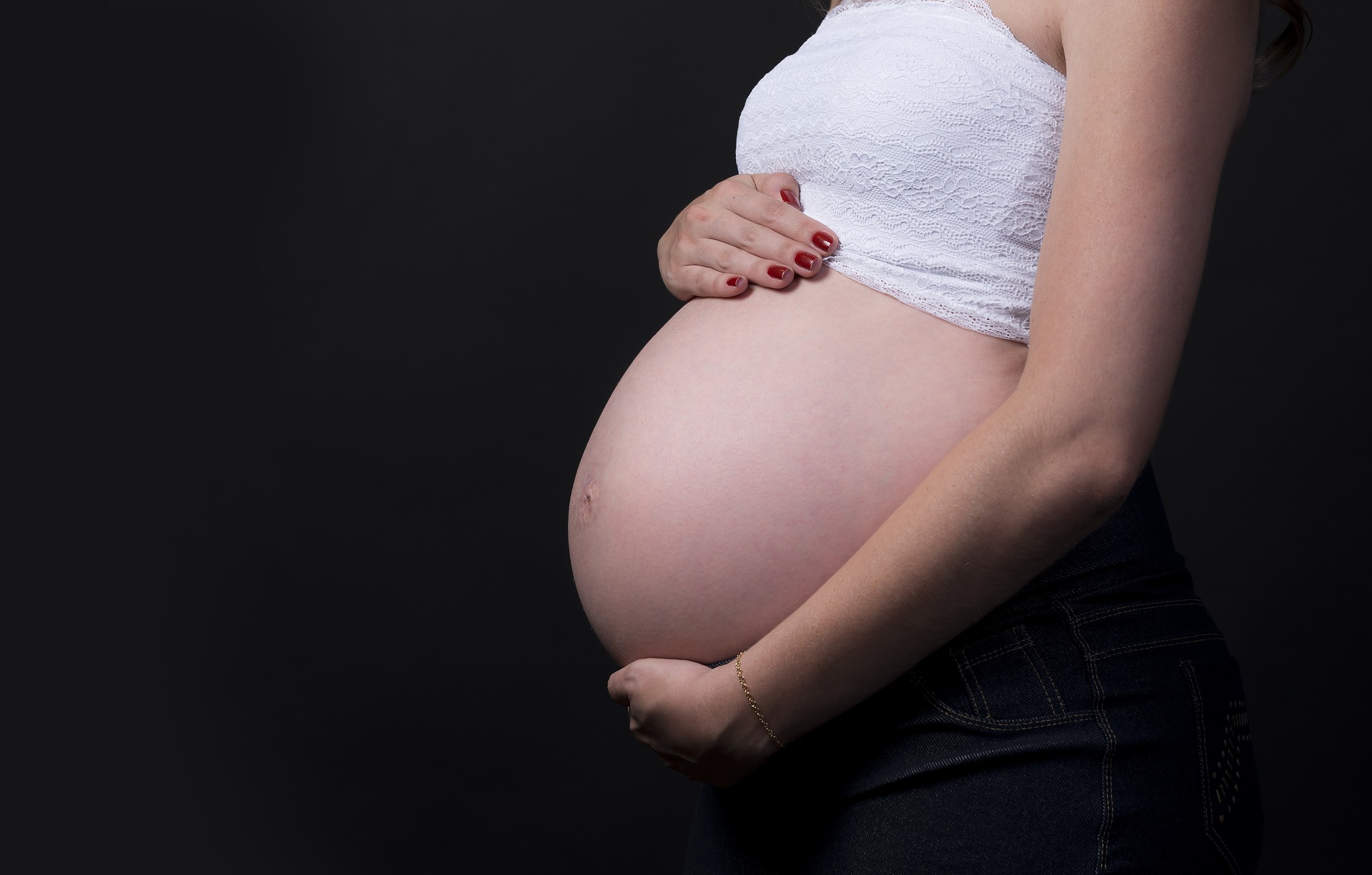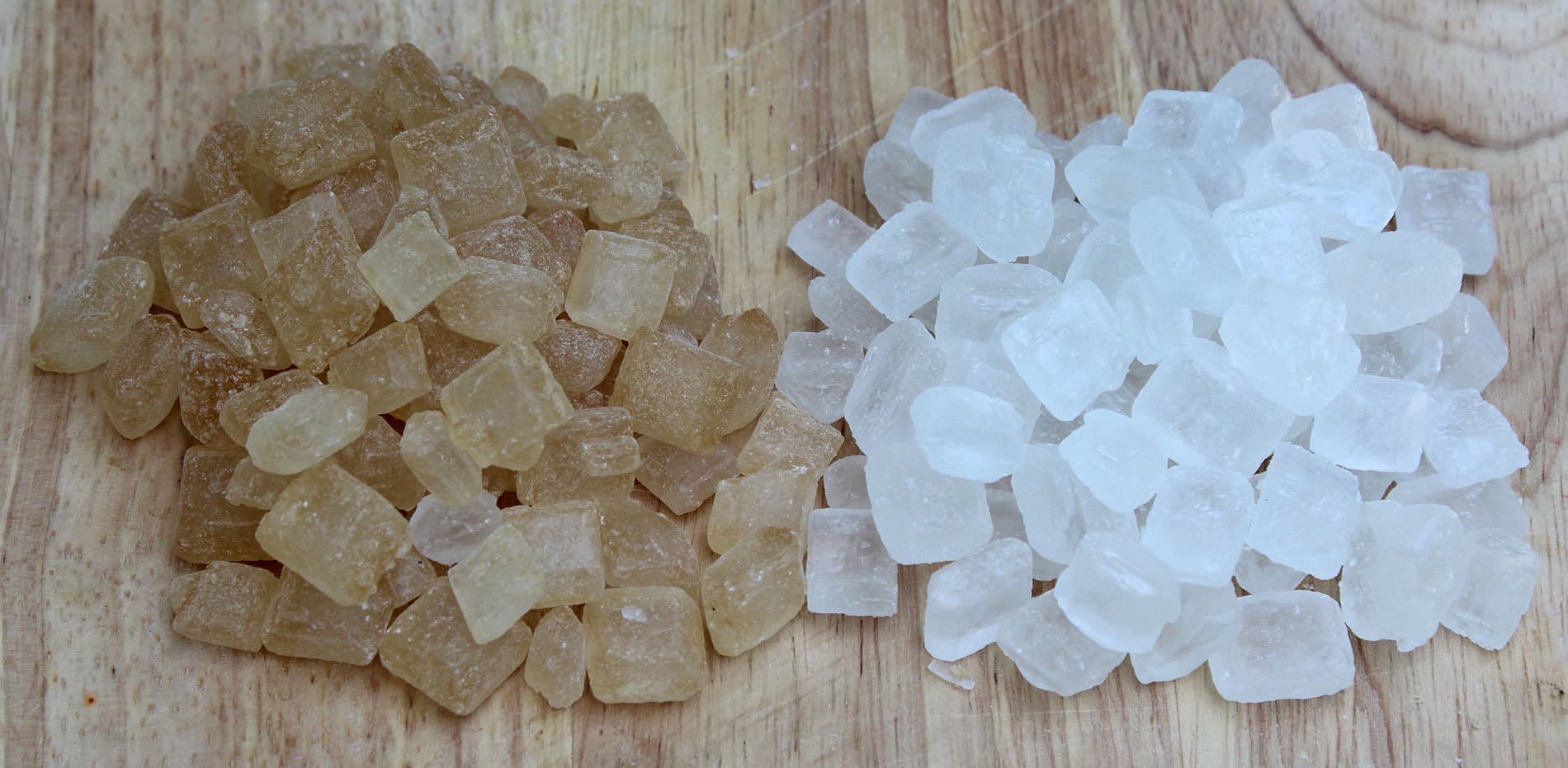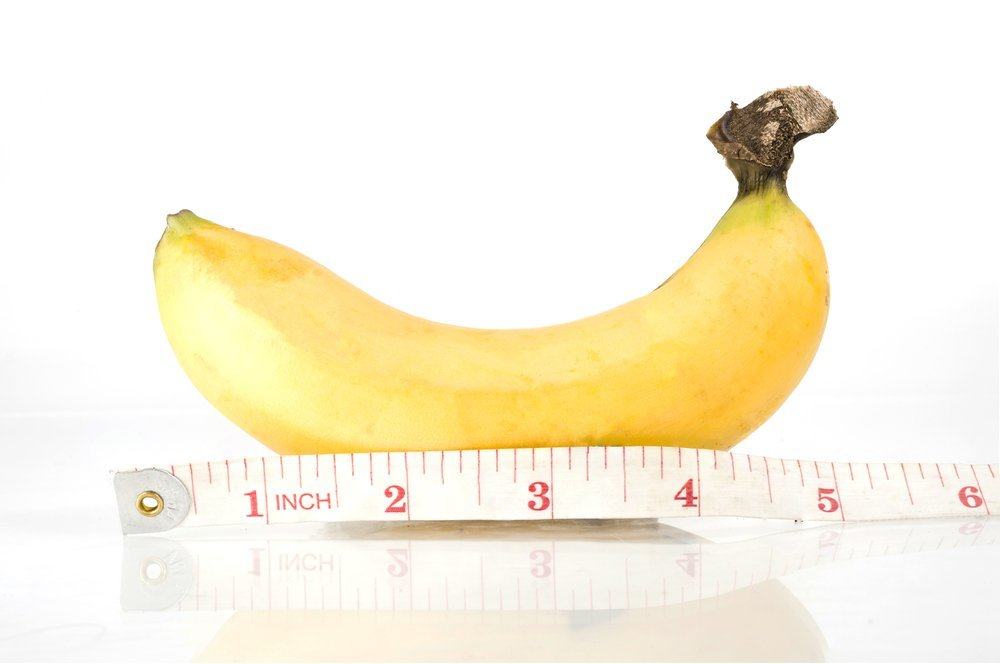Contents:
- Medical Video: Endometriosis
- Exit blood spots while pregnant, is this normal?
- Other possible causes
- How to deal with blood spots during pregnancy
- What precautions can be taken to avoid blood spots during pregnancy?
- Blood spots during pregnancy can be a danger sign
Medical Video: Endometriosis
Many women feel anxious and worried when they see blood spots during pregnancy. Because the blood spots that come out during pregnancy are often associated with bleeding signs of miscarriage. Is it true?
Exit blood spots while pregnant, is this normal?
Although inviting a million questions, most cases of blood spots during pregnancy are fairly normal. Blood spots in early pregnancy are referred to as implantation bleeding, and are a natural phenomenon experienced by one in five pregnant women during the first trimester.
At the beginning of pregnancy (about 6-12 days after conception), the embryo will begin to stick to the uterine wall. This can cause mild bleeding. Many women who consider this mild blood spot is the beginning of a new menstrual cycle, but implantation bleeding will not be as much as menstrual blood and only lasts a few hours to several days.
This type of mild spot also will not harm prospective babies. Most women who experience implantation bleeding will undergo a normal pregnancy and give birth to a healthy baby.
Other possible causes
Apart from implantation bleeding, blood spots during pregnancy can also occur due to hormonal changes so that the cervix (cervix) is easier to bleed, penetration of the penis is too hard during sex, or vaginal infections such as bacterial vaginosis.
How to deal with blood spots during pregnancy
The only way to overcome the discharge of blood spots during pregnancy is to use a pantyliner or sanitary napkin to accommodate the blood. Be diligent in changing your pads, and wait until the bleeding stops. You should immediately control the obstetrician.
Also pay attention to other symptoms that may accompany. Spots of blood that come out during the early trimester and are not accompanied by any symptoms are normal conditions. This will gradually subside after 2-3 days.
What precautions can be taken to avoid blood spots during pregnancy?
The discharge of plaques during pregnancy is unpredictable, but by controlling several conditions as below, it can help minimize the discharge of spots.
- Sufficient for mother's nutrition during pregnancy with nutritious food. With the fulfillment of maternal nutrition, the ability of the uterus to support the life of the fetus is also more guaranteed.
- Reduce consumption of caffeine drinks and stop smoking.
- Pay attention to your mother's weight during pregnancy. Conditions of underweight and obesity are associated with an increased risk of bleeding during pregnancy.
- Control the medical condition of the mother. For example, mothers with tuberculosis, thyroid gland disorders, diabetes, or impaired immunity. One disease that plays a major role in this process is uncontrolled diabetes during pregnancy.
- Increase rest at home and avoid heavy work. You indirectly help reduce exposure to poisons in the environment and also reduce DDT use.
Blood spots during pregnancy can be a danger sign
But blood spots during pregnancy can be a sign of miscarriage or other serious complications. This includes miscarriage, pregnancy wine; placental problems such as placenta previa, placenta accreta, and placental abruption; up to ectopic pregnancy.
Immediately go to the nearest doctor or emergency room if your blood spots are accompaniedsevere abdominal cramps and pelvic pain which feels very painful.
Other than that,bleeding signs of miscarriage usually occur more and sometimes there areblood clots along with your bleeding. If this happens to you, immediately go to your obstetrician.












